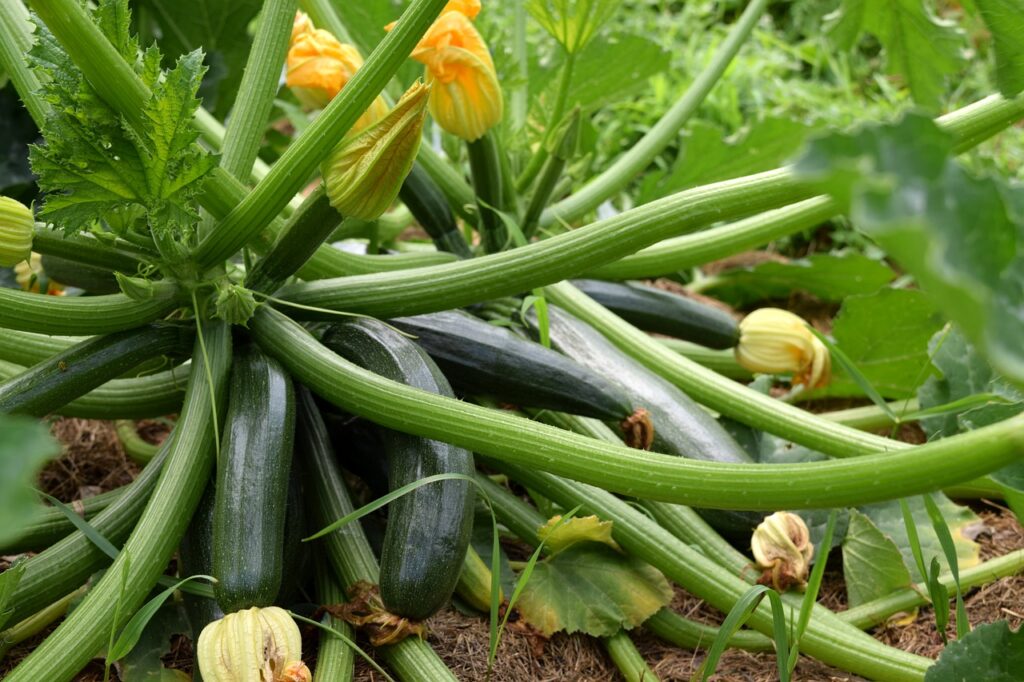Growing squash is easier than many gardeners may think. However, there is no reason to wait for winter squash, there are numerous varieties of summer squash that can add more flavor and nutrition to your recipes.
Not sure where to start? Read on for some tips for getting started growing your own summer squash.
Planting
When looking to add summer squash to your garden, there are numerous varieties to choose from. However, they all have a few things in common—they’re delicious and sensitive to frost.
To start seeds directly in the soil, make sure the soil is at least 70 degrees Fahrenheit and there is no more chance of frost. The seeds should be planted 3-6 feet apart and about ¾ to 1 inch deep in well-draining soil to ensure enough room for growth.
Finally, it is important to note that squash plants don’t transplant well. So, starting seeds indoors can be difficult. However, a solution to this can be using a peat pot; these pots will allow gardeners to plant the whole thing into the ground, giving the seedling a better chance at survival.
Care
After the plants have formed, make sure to place mulch around each plant. The mulch will help protect the roots of the plant while also preventing weeds from growing and becoming a problem.
Squash plants should be watered consistently and heavily. Make sure they receive an inch of water once a week and regular watering on other days. This heavy watering will help ensure the plant thrives.

Harvest
Summer squash is better harvested when they are younger; this allows for more tender squash to add to your recipes. They are typically ready to harvest within 60 days of planting.
After harvesting, the summer squash will remain good in the refrigerator for up to 10 days. Alternatively, squash can be frozen. To freeze them, make sure to cut them into the desired size, blanch them for about 5 minutes in boiling water, place them in freezer bags, and freeze.
Problems
Summer squash is susceptible to diseases and pests, so make sure to remain vigilant to prevent larger outbreaks. During daily checks be sure to look for powdery mildew and squash bug eggs. Additionally, it may be a good idea to try using natural pest deterrents to help ensure your squash thrive.
Looking for more information to help your garden thrive? Check out our blog.
